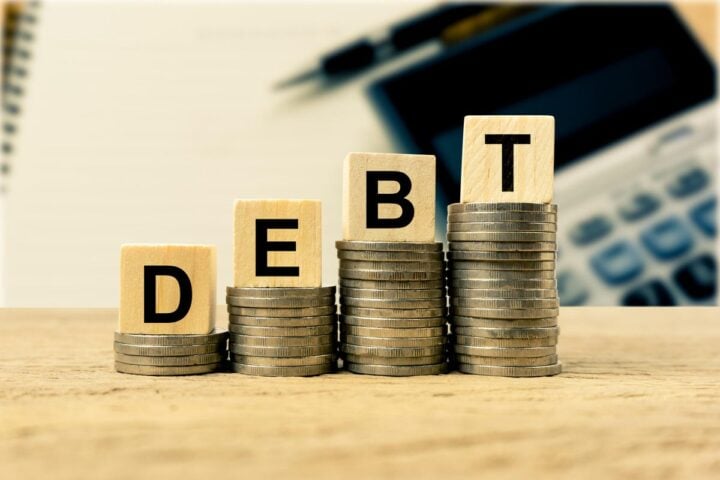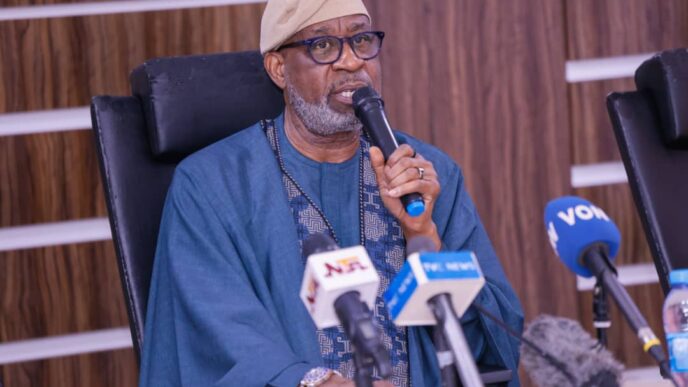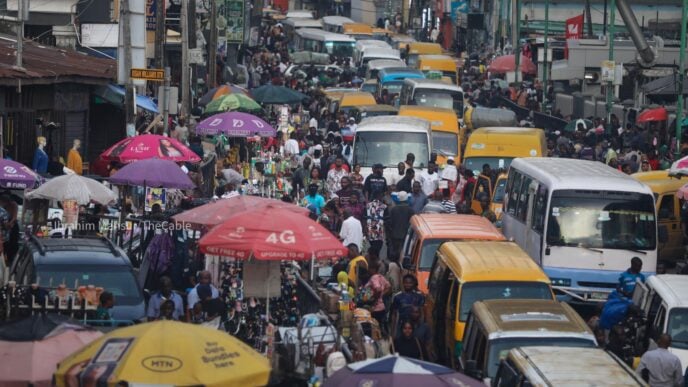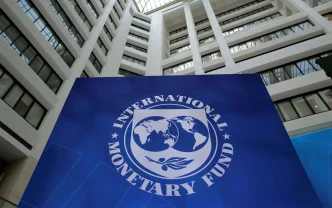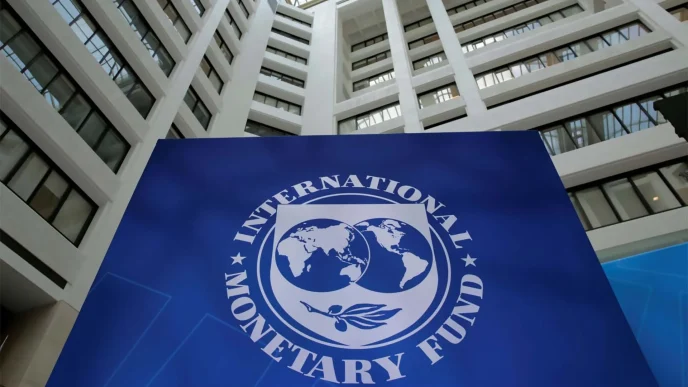
The International Monetary Fund (IMF) says Nigeria’s debt-to-gross domestic product (GDP) ratio is expected to decrease to 36.4 percent in 2025 and further to 35 percent in 2026.
In its latest Fiscal Monitor report, launched at the ongoing 2025 IMF/World Bank annual meetings on Wednesday in Washington DC, the fund forecasted that the country’s debt-to-GDP ratio will rise to 35.3 percent in 2027.
Nigeria’s public debt-to-GDP ratio was reported at 39.4 percent in the first quarter (Q1) of 2025, following the successful rebasing of the country’s gross domestic product by the National Bureau of Statistics.
Advertisement
David Furceri, division chief of the fiscal affairs department at the IMF, speaking during the launch of the report, advised Nigeria to ramp up its revenue and strengthen its tax system.
He said the IMF is projecting “a neutral fiscal stance” for Nigeria.
Fiscal neutrality refers to a principle or goal of public finance that fiscal decisions (taxing, spending, or borrowing) of a government can or should avoid distorting economic decisions by businesses, workers, and consumers.
Advertisement
“We think that a neutral stance is also consistent in economic policies aimed at reducing inflation. But let me tell you more about the structural characteristics in terms of our recommendation for countries such as Nigeria.”
“Our policies advice has been both on the revenue side as well on the spending side because the revenue side of this scope is to improve from revenue, to reform, to tax administration, to increase revenue.”
Furceri noted that Nigeria has made significant progress in recent years with its tax reform efforts.
“Many of the laws that have been passed are trying to streamline the tax code, tax expenditures have also been reduced. The burden for business and low income also has declined in terms of taxation. These are policies that go in the right direction,” he said.
Advertisement
“On the spending side, there is a scope to, on the one hand, improve the efficiency of the spending.”
In addition, Furceri said it is important to increase social spending, particularly to support vulnerable households and ensure inclusive growth.
